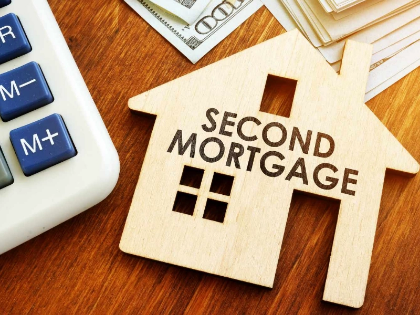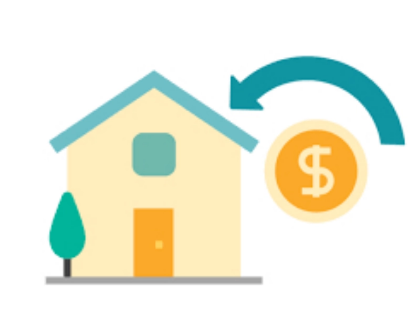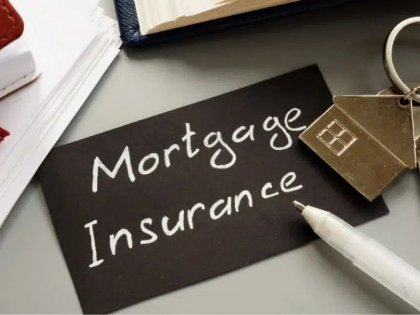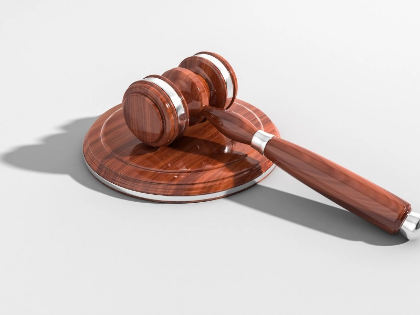Comprehending the Charges Associated With Loans for Debt Consolidation
Debt consolidation makes your monthly bill repayment more reasonable by combining several debt payments into one. Personal loans and balance transfer credit cards are two of the choices available for debt consolidation. Think about your long-term objectives and existing financial status before pursuing debt reduction. Recognize the costs connected to each kind of debt consolidation program as well.
Start-Up Charges
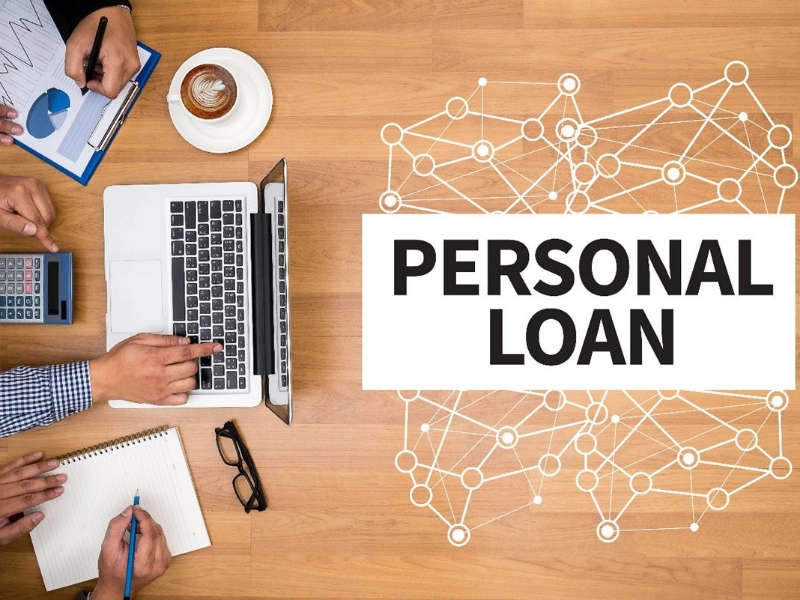 Credit cards can have higher interest rates than debt consolidation loans, which offer a fixed monthly payment over a predetermined period of time. It's crucial to be aware, though, that lenders could impose early origination fees as well as late payment penalties for nonpayment. The total cost of a loan may rise as a result of these fees.
Your income, other debt responsibilities, and the loan amount you request will all affect how much your origination charge is. Generally speaking, origination fees increase with the size of your loan.
Your credit score may be impacted by a new debt consolidation loan in a number of different ways, such as a hard inquiry made when you apply for the loan and a modification to your payment history when you make on-time payments. Consolidating debt should only be done if you can comfortably pay off your monthly payments and are certain that you will be able to maintain your repayment schedule over time.
Credit cards can have higher interest rates than debt consolidation loans, which offer a fixed monthly payment over a predetermined period of time. It's crucial to be aware, though, that lenders could impose early origination fees as well as late payment penalties for nonpayment. The total cost of a loan may rise as a result of these fees.
Your income, other debt responsibilities, and the loan amount you request will all affect how much your origination charge is. Generally speaking, origination fees increase with the size of your loan.
Your credit score may be impacted by a new debt consolidation loan in a number of different ways, such as a hard inquiry made when you apply for the loan and a modification to your payment history when you make on-time payments. Consolidating debt should only be done if you can comfortably pay off your monthly payments and are certain that you will be able to maintain your repayment schedule over time.
Transfer Fees for Balances
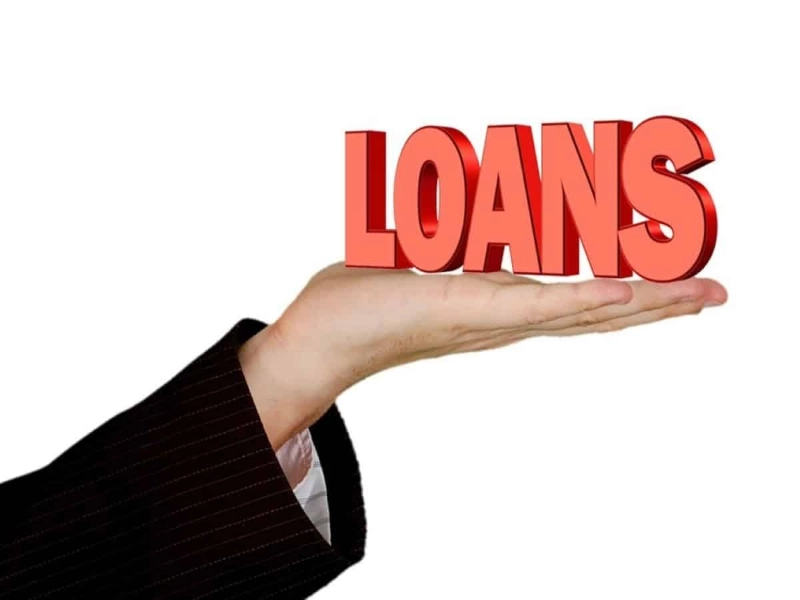 Although debt consolidation can lower your monthly payments and hasten the payoff of your debt, it is not a panacea for money problems. In actuality, you can end up paying more in fees and interest rates if you use fresh loans to settle existing debts.
You have to account for the one-time transfer fee when you get a credit card or balance transfer loan. Usually, this fee comes to 3% of the total amount of debt you transfer. It's critical to determine if these costs are greater than the possible savings from reduced interest rates.
When you are able to obtain an interest rate that is far lower than the rates on your current debt obligations, debt consolidation works best. Having enough cash flow to comfortably pay off your new monthly loan payment is also crucial. Consolidating debt could result in increased debt and financial strain otherwise. To find long-term answers, assess the reasons for your financial outburst before applying for a debt consolidation loan.
Although debt consolidation can lower your monthly payments and hasten the payoff of your debt, it is not a panacea for money problems. In actuality, you can end up paying more in fees and interest rates if you use fresh loans to settle existing debts.
You have to account for the one-time transfer fee when you get a credit card or balance transfer loan. Usually, this fee comes to 3% of the total amount of debt you transfer. It's critical to determine if these costs are greater than the possible savings from reduced interest rates.
When you are able to obtain an interest rate that is far lower than the rates on your current debt obligations, debt consolidation works best. Having enough cash flow to comfortably pay off your new monthly loan payment is also crucial. Consolidating debt could result in increased debt and financial strain otherwise. To find long-term answers, assess the reasons for your financial outburst before applying for a debt consolidation loan.
Penalties for Late Payment
 A credit check is usually required by the lender before approving a personal loan for debt consolidation. Your credit score will be momentarily impacted by this, but it should go away as soon as you start making on-time payments.
It could be more challenging to get the best loan terms if your credit is poor. This can entail paying more in fees for a consolidation loan than you would for other choices, such as a credit card that transfers balances.
If done properly, debt consolidation can be a successful tactic. If you don't address the underlying spending behaviors that contributed to your debt, it could also be a risky choice. After taking out a debt consolidation loan, many borrowers feel relieved of their debt, but they soon revert to their previous spending habits, accruing additional debt that they will eventually have to pay off. It's crucial to assess your circumstances before applying for a new loan because of this.
A credit check is usually required by the lender before approving a personal loan for debt consolidation. Your credit score will be momentarily impacted by this, but it should go away as soon as you start making on-time payments.
It could be more challenging to get the best loan terms if your credit is poor. This can entail paying more in fees for a consolidation loan than you would for other choices, such as a credit card that transfers balances.
If done properly, debt consolidation can be a successful tactic. If you don't address the underlying spending behaviors that contributed to your debt, it could also be a risky choice. After taking out a debt consolidation loan, many borrowers feel relieved of their debt, but they soon revert to their previous spending habits, accruing additional debt that they will eventually have to pay off. It's crucial to assess your circumstances before applying for a new loan because of this.
Annual Charges
 When using a personal loan for debt consolidation, it's important to thoroughly consider the conditions and costs of the loan. For instance, in order to be eligible for a new loan, lenders usually need to see a particular quantity of evidence, including pay stubs, W-2s, bank statements, and tax returns. If you fail to make a monthly payment on your debt consolidation loan, the lender may potentially assess a late payment penalty.
Fortunately, interest rates for debt consolidation loans are typically cheaper than those on credit cards. In addition to lowering your debt faster, that can raise your credit use ratio. Your score may also increase if you routinely complete your payments on time.
Even though a debt consolidation loan could seem like an instant comfort, it doesn't pay off your debt or deal with the original cause of your debt. If you want to create a strategy to pay off debt, you should think about assessing your spending patterns and consulting with a credit counselor.
When using a personal loan for debt consolidation, it's important to thoroughly consider the conditions and costs of the loan. For instance, in order to be eligible for a new loan, lenders usually need to see a particular quantity of evidence, including pay stubs, W-2s, bank statements, and tax returns. If you fail to make a monthly payment on your debt consolidation loan, the lender may potentially assess a late payment penalty.
Fortunately, interest rates for debt consolidation loans are typically cheaper than those on credit cards. In addition to lowering your debt faster, that can raise your credit use ratio. Your score may also increase if you routinely complete your payments on time.
Even though a debt consolidation loan could seem like an instant comfort, it doesn't pay off your debt or deal with the original cause of your debt. If you want to create a strategy to pay off debt, you should think about assessing your spending patterns and consulting with a credit counselor.


